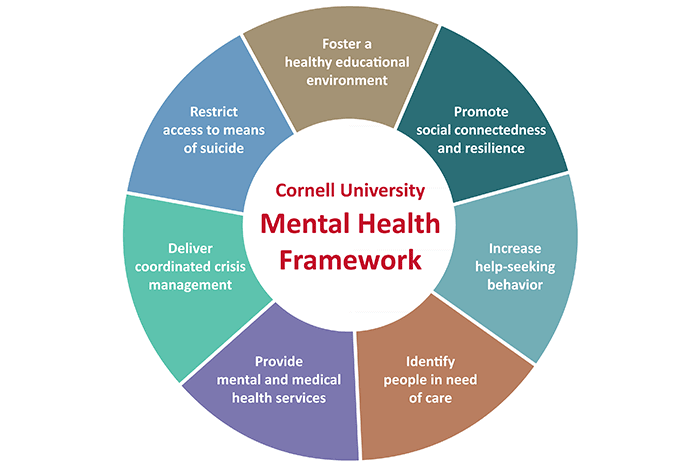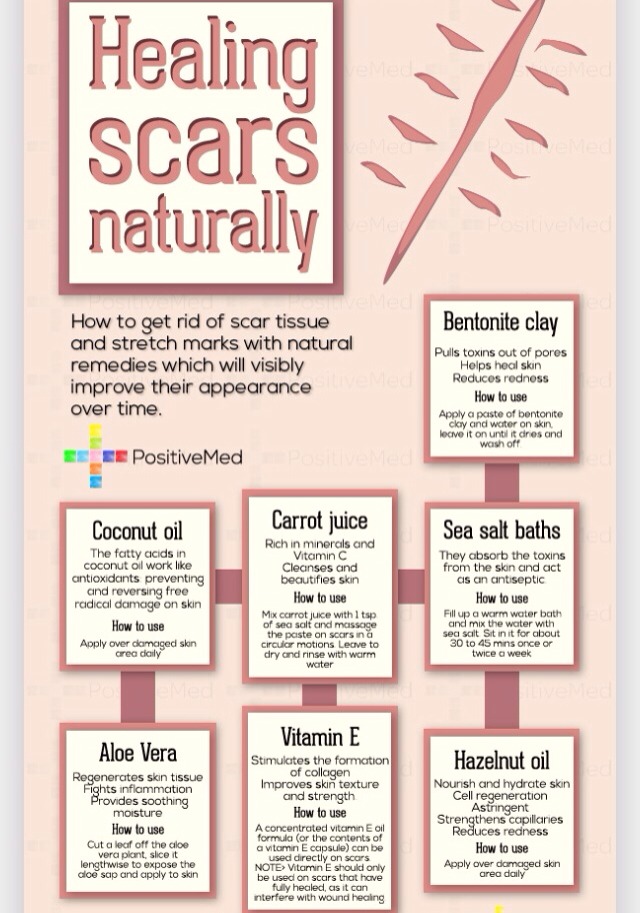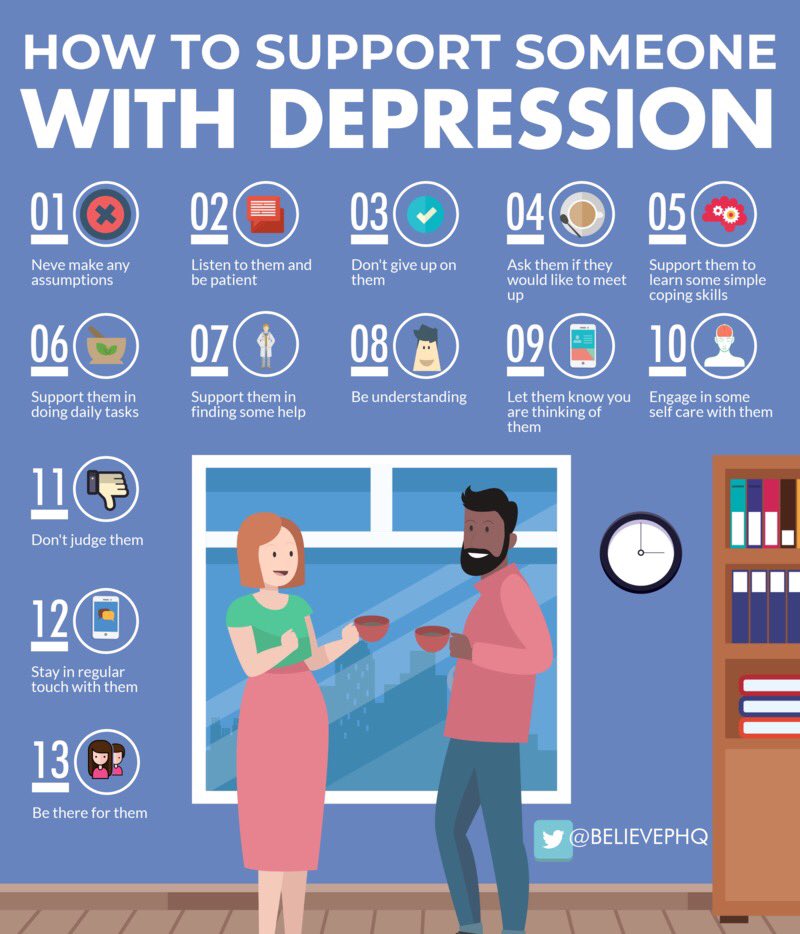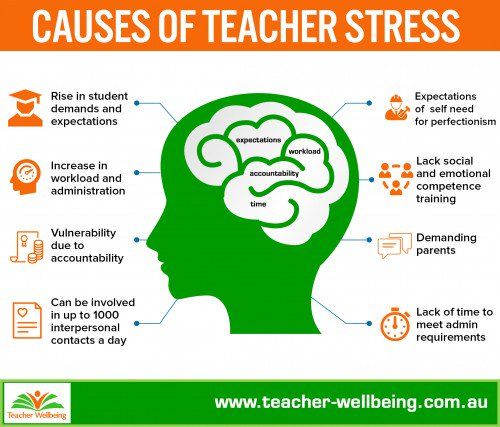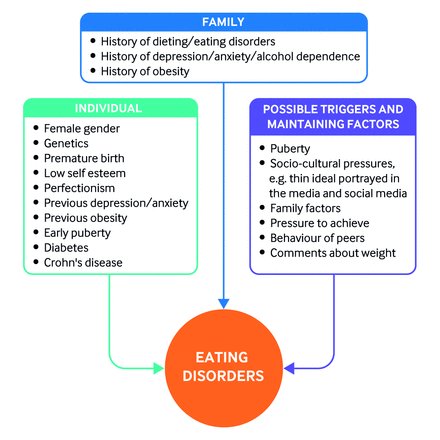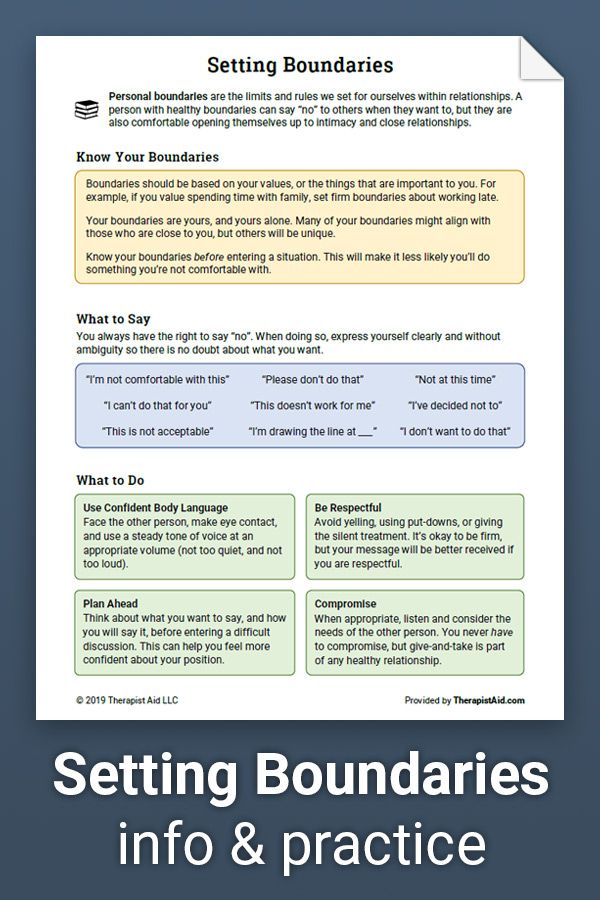Promote mental health
Ten Things You Can Do for Your Mental Health
Try these tips to keep your balance, or re-balance yourself.*
1. Value yourself:
Treat yourself with kindness and respect, and avoid self-criticism. Make time for your hobbies and favorite projects, or broaden your horizons. Do a daily crossword puzzle, plant a garden, take dance lessons, learn to play an instrument or become fluent in another language.
2. Take care of your body:
Taking care of yourself physically can improve your mental health. Be sure to:
- Eat nutritious meals
- Avoid smoking and vaping-- see Cessation Help
- Drink plenty of water
- Exercise, which helps decrease depression and anxiety and improve moods
- Get enough sleep. Researchers believe that lack of sleep contributes to a high rate of depression in college students.
3. Surround yourself with good people:
People with strong family or social connections are generally healthier than those who lack a support network. Make plans with supportive family members and friends, or seek out activities where you can meet new people, such as a club, class or support group.
4. Give yourself:
Volunteer your time and energy to help someone else. You'll feel good about doing something tangible to help someone in need — and it's a great way to meet new people. See Fun and Cheap Things to do in Ann Arbor for ideas.
5. Learn how to deal with stress:
Like it or not, stress is a part of life. Practice good coping skills: Try One-Minute Stress Strategies, do Tai Chi, exercise, take a nature walk, play with your pet or try journal writing as a stress reducer. Also, remember to smile and see the humor in life. Research shows that laughter can boost your immune system, ease pain, relax your body and reduce stress.
6. Quiet your mind:
Try meditating, Mindfulness and/or prayer. Relaxation exercises and prayer can improve your state of mind and outlook on life. In fact, research shows that meditation may help you feel calm and enhance the effects of therapy.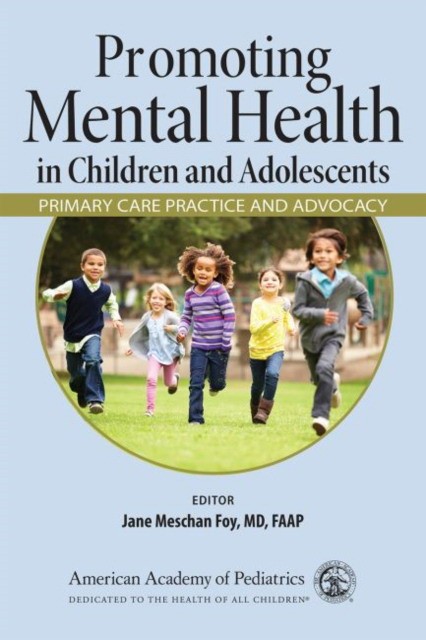 To get connected, see spiritual resources on Personal Well-being for Students
To get connected, see spiritual resources on Personal Well-being for Students
7. Set realistic goals:
Decide what you want to achieve academically, professionally and personally, and write down the steps you need to realize your goals. Aim high, but be realistic and don't over-schedule. You'll enjoy a tremendous sense of accomplishment and self-worth as you progress toward your goal. Wellness Coaching, free to U-M students, can help you develop goals and stay on track.
8. Break up the monotony:
Although our routines make us more efficient and enhance our feelings of security and safety, a little change of pace can perk up a tedious schedule. Alter your jogging route, plan a road-trip, take a walk in a different park, hang some new pictures or try a new restaurant. See Rejuvenation 101 for more ideas.
9. Avoid alcohol and other drugs:
Keep alcohol use to a minimum and avoid other drugs. Sometimes people use alcohol and other drugs to "self-medicate" but in reality, alcohol and other drugs only aggravate problems.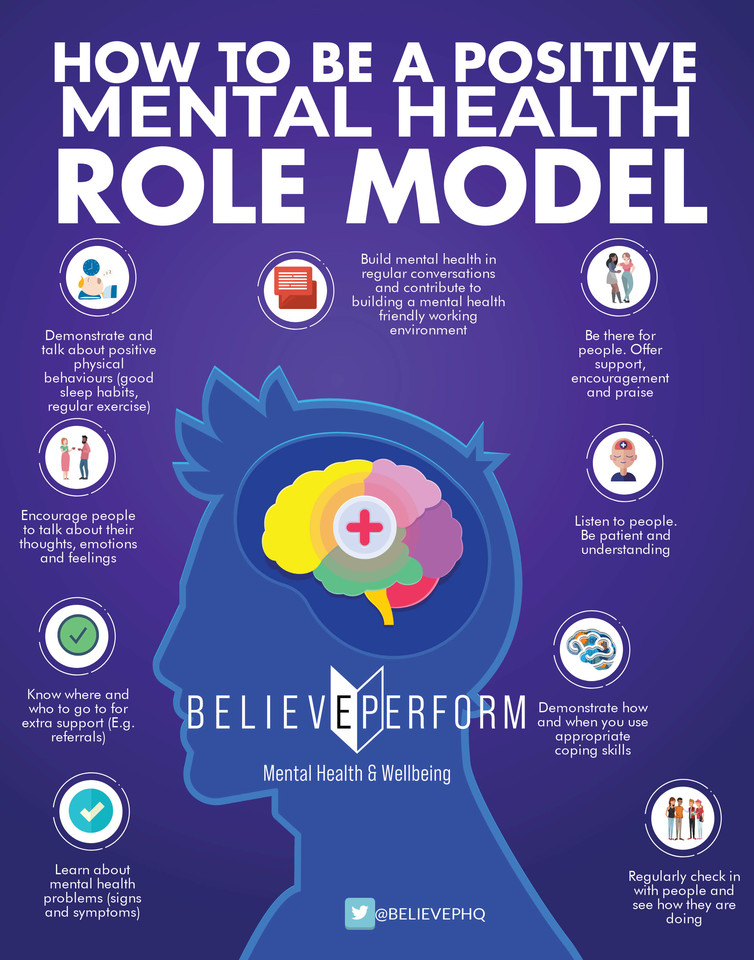 For more information, see Alcohol and Other Drugs.
For more information, see Alcohol and Other Drugs.
10. Get help when you need it:
Seeking help is a sign of strength — not a weakness. And it is important to remember that treatment is effective. People who get appropriate care can recover from mental illness and addiction and lead full, rewarding lives. See Resources for Stress and Mental Health for campus and community resources.
*Adapted from the National Mental Health Association/National Council for Community Behavioral Healthcare
31 Tips to Boost Your Mental Health
1. Track gratitude and achievement with a journal. Include 3 things you were grateful for and 3 things you were able to accomplish each day.
2. Start your day with a cup of coffee. Coffee consumption is linked to lower rates of depression. If you can’t drink coffee because of the caffeine, try another good-for-you drink like green tea.
3. Set up a getaway.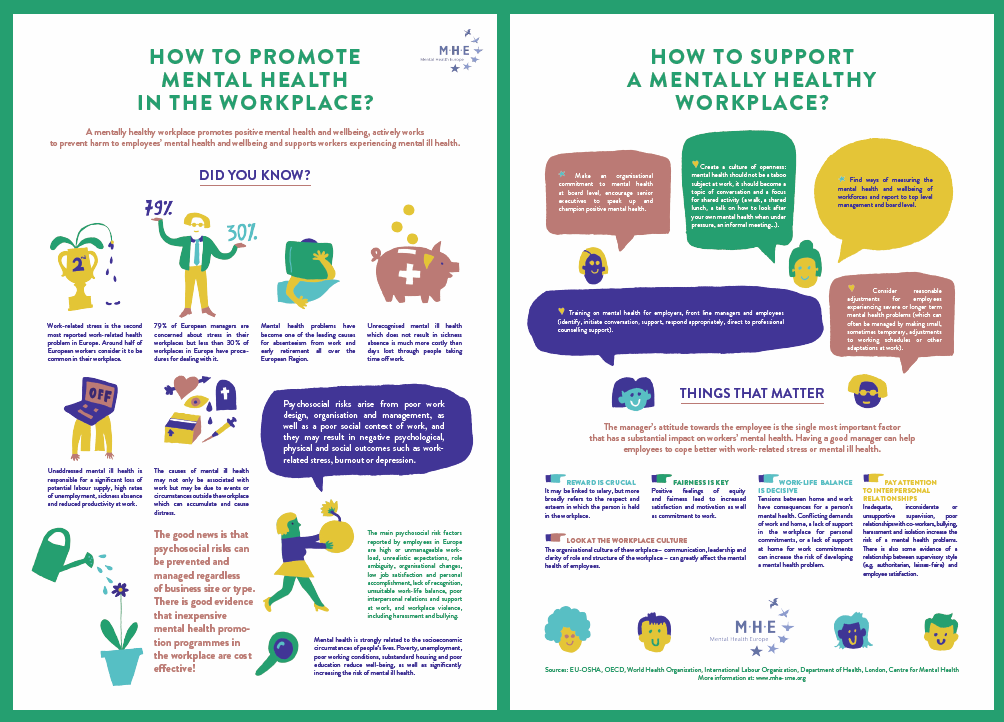 It could be camping with friends or a trip to the tropics. The act of planning a vacation and having something to look forward to can boost your overall happiness for up to 8 weeks!
It could be camping with friends or a trip to the tropics. The act of planning a vacation and having something to look forward to can boost your overall happiness for up to 8 weeks!
4, Work your strengths. Do something you're good at to build self-confidence, then tackle a tougher task.
5. Keep it cool for a good night's sleep. The optimal temperature for sleep is between 60 and 67 degrees Fahrenheit.
6. "You don't have to see the whole staircase, just take the first step." - Martin Luther King, Jr. Think of something in your life you want to improve, and figure out what you can do to take a step in the right direction.
7. Experiment with a new recipe, write a poem, paint or try a Pinterest project. Creative expression and overall well-being are linked.
8. Show some love to someone in your life. Close, quality, relationships are key for a happy, healthy life.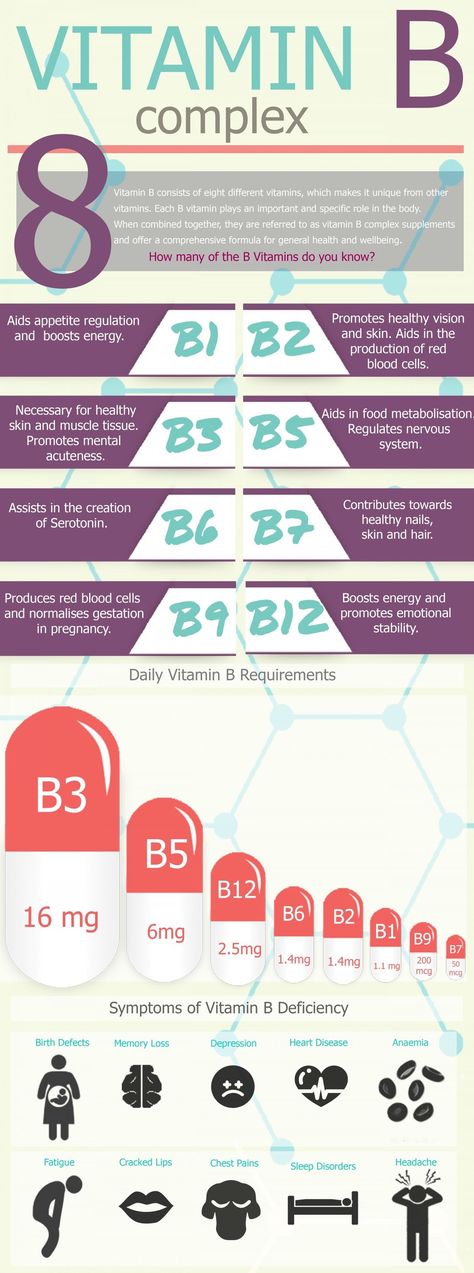
9. Boost brainpower by treating yourself to a couple pieces of dark chocolate every few days. The flavonoids, caffeine, and theobromine in chocolate are thought to work together to improve alertness and mental skills.
10. “There is no greater agony than bearing an untold story inside of you.” -Maya Angelou. If you have personal experience with mental illness or recovery, share on Twitter, Instagram and Tumblr with #mentalillnessfeelslike. Check out what other people are saying here.
11. Sometimes, we don't need to add new activities to get more pleasure. We just need to soak up the joy in the ones we've already got. Trying to be optimistic doesn't mean ignoring the uglier sides of life. It just means focusing on the positive as much as possible.
12. Feeling anxious? Take a trip down memory lane and do some coloring for about 20 minutes to help you clear your mind.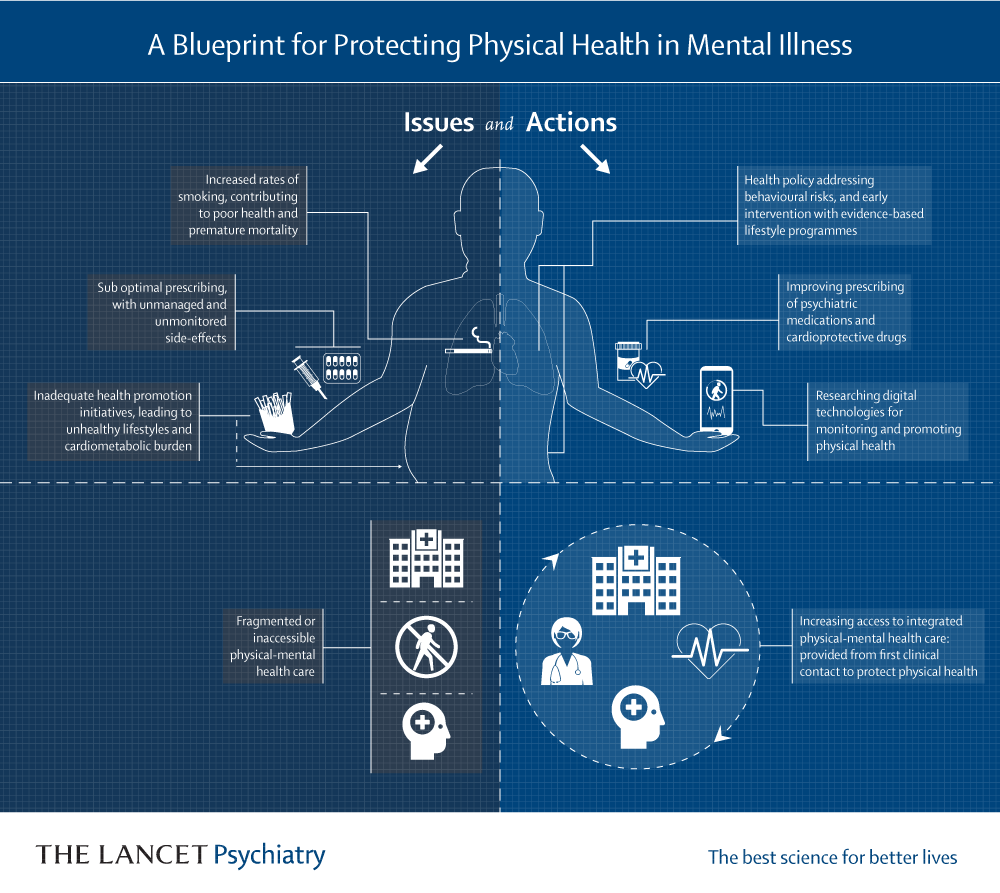 Pick a design that's geometric and a little complicated for the best effect. Check out hundreds of free printable coloring pages here.
Pick a design that's geometric and a little complicated for the best effect. Check out hundreds of free printable coloring pages here.
13. Take time to laugh. Hang out with a funny friend, watch a comedy or check out cute videos online. Laughter helps reduce anxiety.
14. Go off the grid. Leave your smart phone at home for a day and disconnect from constant emails, alerts, and other interruptions. Spend time doing something fun with someone face-to-face.
15. Dance around while you do your housework. Not only will you get chores done, but dancing reduces levels of cortisol (the stress hormone), and increases endorphins (the body's "feel-good" chemicals).
16. Go ahead and yawn. Studies suggest that yawning helps cool the brain and improves alertness and mental efficiency.
17. Relax in a warm bath once a week. Try adding Epsom salts to soothe aches and pains and help boost magnesium levels, which can be depleted by stress.
18. Has something been bothering you? Let it all out…on paper. Writing about upsetting experiences can reduce symptoms of depression.
19. Spend some time with a furry friend. Time with animals lowers the stress hormone - cortisol, and boosts oxytocin - which stimulates feelings of happiness. If you don’t have a pet, hang out with a friend who does or volunteer at a shelter.
20. “What lies before us and what lies behind us are small matters compared to what lies within us. And when you bring what is within out into the world, miracles happen.” - Henry David Thoreau. Practice mindfulness by staying "in the present." Try these tips.
21. Be a tourist in your own town. Often times people only explore attractions on trips, but you may be surprised what cool things are in your own backyard.
22. Try prepping your lunches or picking out your clothes for the work week.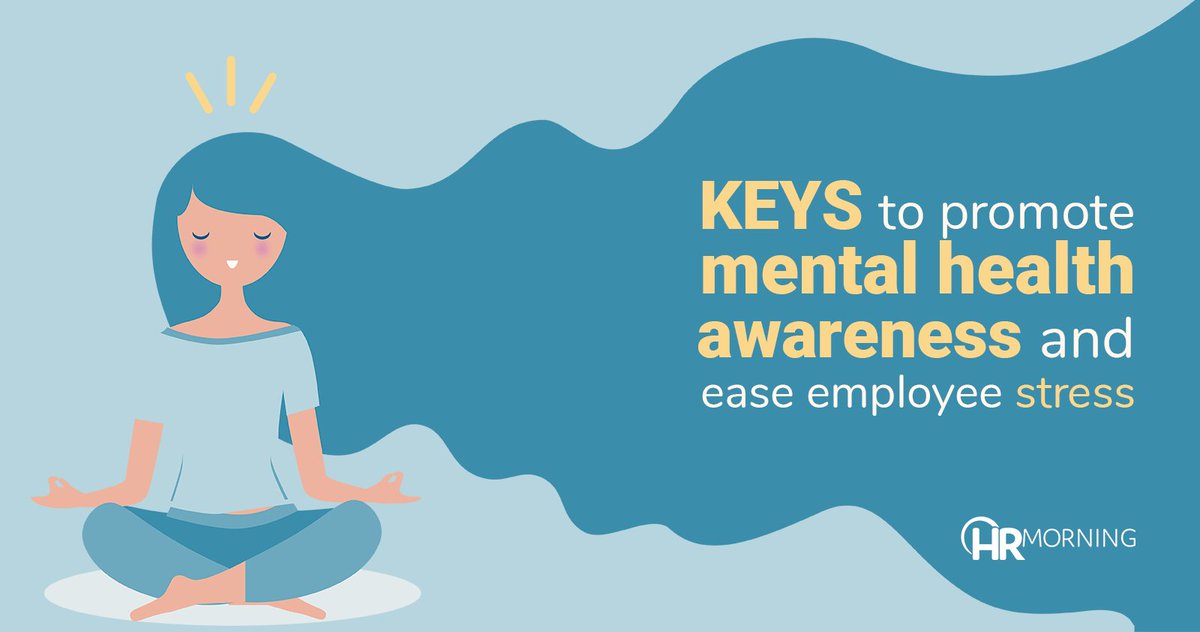 You'll save some time in the mornings and have a sense of control about the week ahead.
You'll save some time in the mornings and have a sense of control about the week ahead.
23. Work some omega-3 fatty acids into your diet–they are linked to decreased rates of depression and schizophrenia among their many benefits. Fish oil supplements work, but eating your omega-3s in foods like wild salmon, flaxseeds or walnuts also helps build healthy gut bacteria.
24. Practice forgiveness - even if it's just forgiving that person who cut you off during your commute. People who forgive have better mental health and report being more satisfied with their lives.
25. "What appear to be calamities are often the sources of fortune." - Disraeli. Try to find the silver lining in something kind of cruddy that happened recently.
26. Feeling stressed? Smile. It may not be the easiest thing to do, but smiling can help to lower your heart rate and calm you down.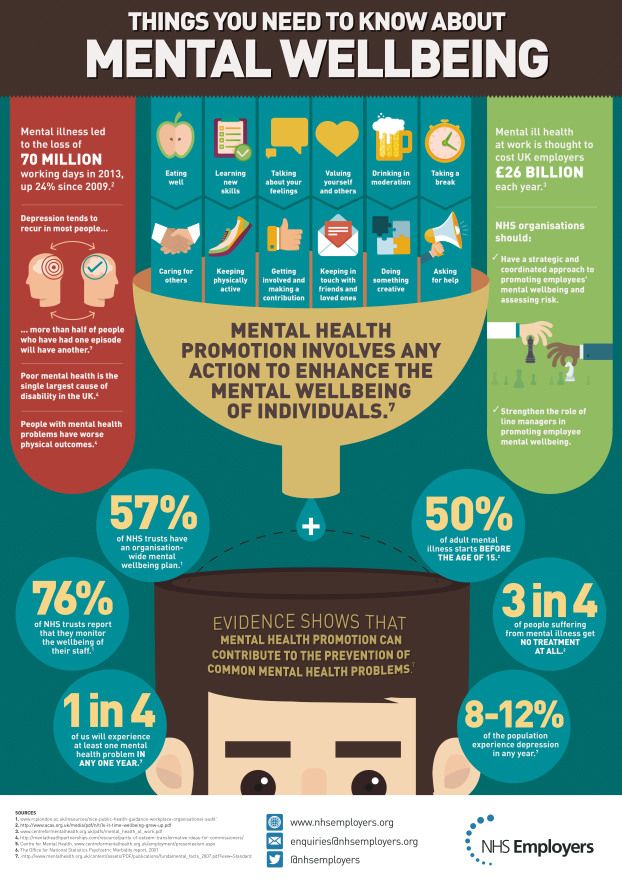
27. Send a thank you note - not for a material item, but to let someone know why you appreciate them. Written expressions of gratitude are linked to increased happiness.
28. Do something with friends and family - have a cookout, go to a park, or play a game. People are 12 times more likely to feel happy on days that they spend 6-7 hours with friends and family.
29. Take 30 minutes to go for a walk in nature - it could be a stroll through a park, or a hike in the woods. Research shows that being in nature can increase energy levels, reduce depression and boost well-being.
30. Do your best to enjoy 15 minutes of sunshine, and apply sunscreen. Sunlight synthesizes Vitamin D, which experts believe is a mood elevator.
31. "Anyone who has never made a mistake has never tried anything new." -Albert Einstein. Try something outside of your comfort zone to make room for adventure and excitement in your life.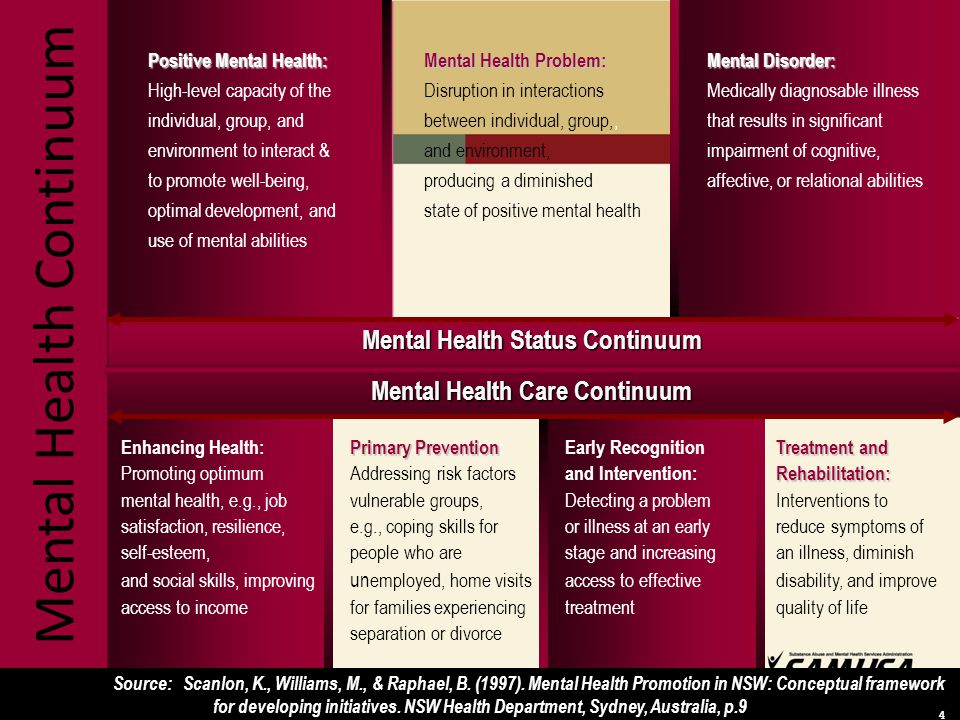
30 ways to improve mental health
Irina Balmanzhi
How to become more cheerful and happier, improve mental abilities and find peace of mind? We found great advice in an article published on the nonprofit Mental Health America website. Tested for yourself, evaluated - it works. Try it too!
1. Keep a gratitude and achievement journal. Every evening, write down three things for which you are grateful for the past day, and three of your achievements (even if they seem insignificant to you).
2. Start your day with a cup of coffee. According to some data, coffee drinkers are less likely to suffer from depression. If you don't like coffee, choose another healthy drink like green tea.
3. Plan an escape from your routine. It could be a hike in the woods with friends or a trip to the tropics. The very anticipation of relaxation and the expectation of something pleasant can make you happier for as many as 8 weeks!
4.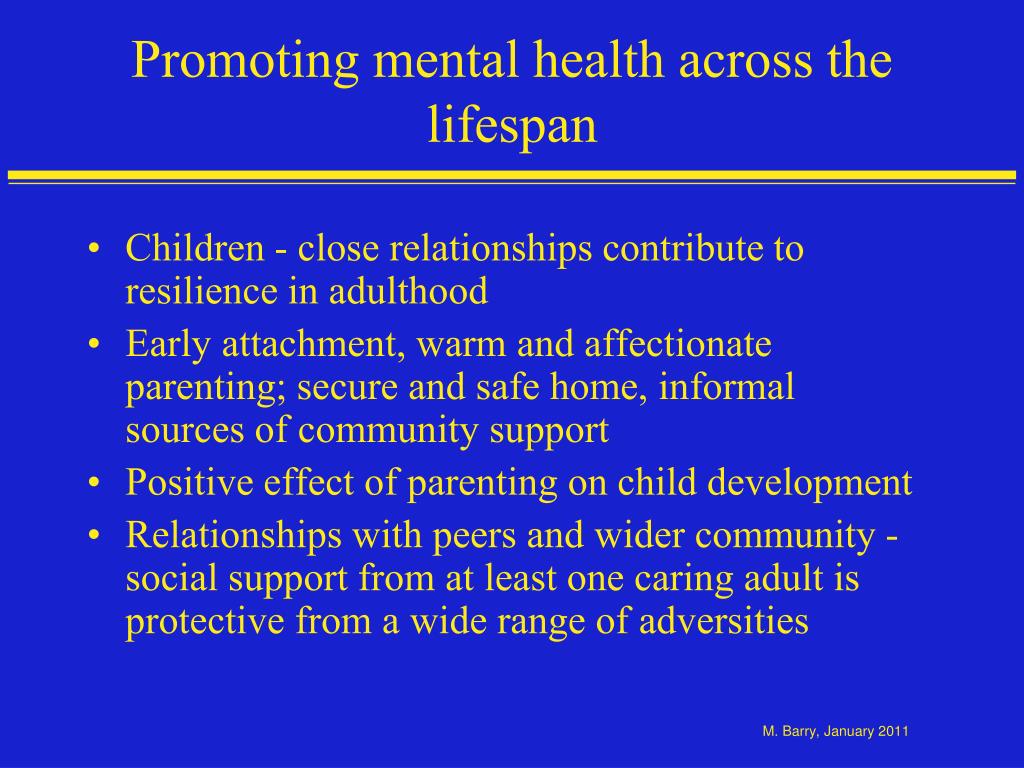 Develop your strengths. Do what you're good at to gain confidence, and then aim for the bigger challenge.
Develop your strengths. Do what you're good at to gain confidence, and then aim for the bigger challenge.
5. Sleep in a cool room. The optimal temperature for sleeping is approximately 16 to 19 ℃.
6. "You don't need to see the whole staircase, just take the first step" (Martin Luther King).
What would you like to improve in your life? Think about what actions you can take right now to take the first step in the right direction.
7. Experiment with a new recipe, write a poem, draw a picture, or find an interesting idea on Pinterest and try to bring it to life. Creative expression and a general sense of well-being are intertwined.
8. Show your love to someone important to you. Close, quality relationships are the key to a happy and healthy life.
9. Eat a couple of pieces of dark chocolate every few days, to increase the power of your brain.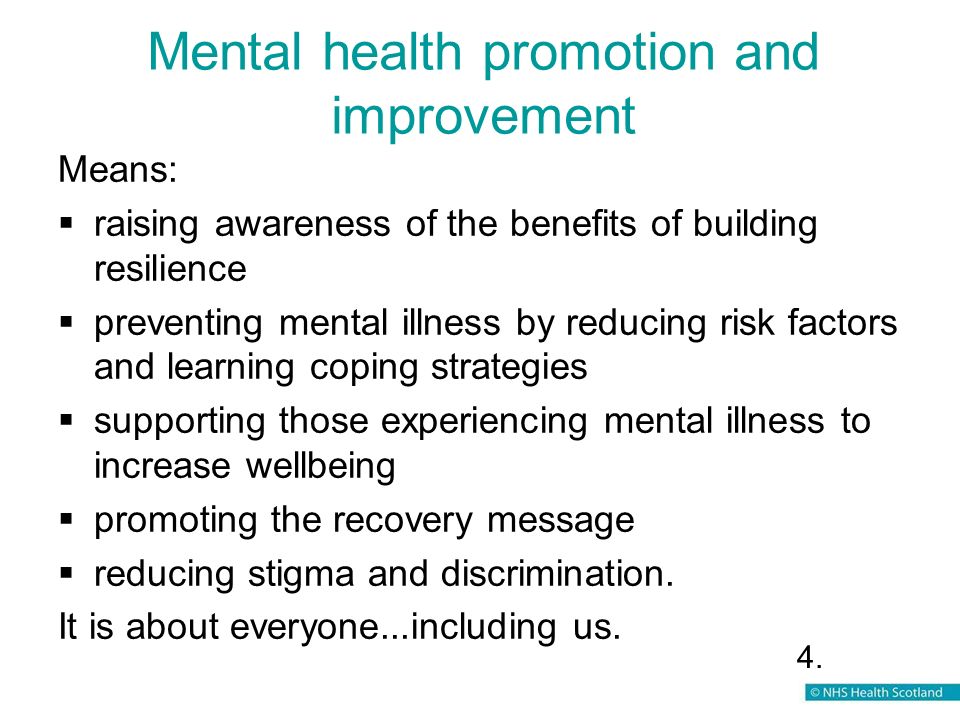 The flavonoids, caffeine and theobromine found in chocolate are believed to improve alertness and mental performance.
The flavonoids, caffeine and theobromine found in chocolate are believed to improve alertness and mental performance.
Source
10. Sometimes you don't even need to invent something new to feel happier. It's enough just to start absorbing the joy of what we already have. Being an optimist does not mean ignoring the ugly side of life. It means focusing more on the positive.
Retrieved
11. Feeling anxious? Take a journey through the waves of memories and color pictures for about 20 minutes to clear your mind. For the best effect, choose a complex geometric design.
Spread from Amazing Cities
12. Take time to just laugh. Chat with a friend who cheers you up, watch a comedy or cute videos on the Internet. Laughter helps reduce anxiety.
Source
13. Take a break from electronic devices. Leave your smartphone at home for a day, turn off notifications, beeps, and in general, everything that distracts you.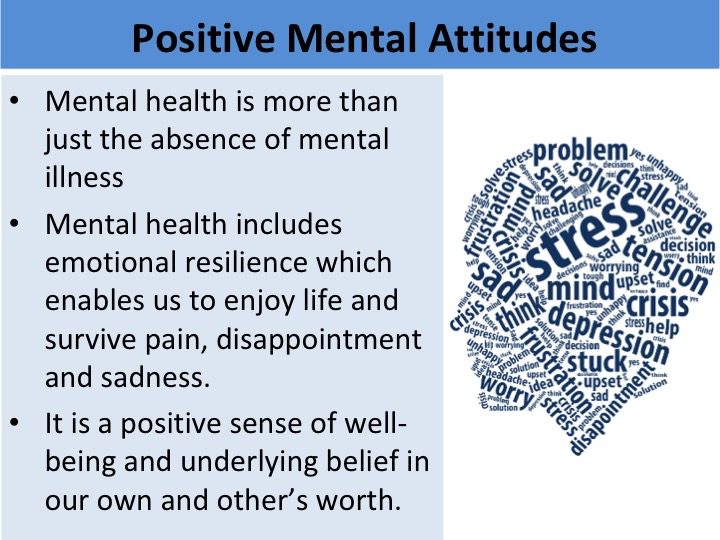 Devote time to live communication, do something interesting with family or friends.
Devote time to live communication, do something interesting with family or friends.
Source
14. Dance while doing housework. So you will not only do business, but also improve your well-being: dancing reduces the level of cortisol (stress hormone) and stimulates the synthesis of endorphin (hormone of joy).
Retrieve
15. Yawn! Research shows that yawning helps cool down the brain, resulting in us being more attentive and able to think more efficiently.
Source
16. Relax in a warm bath once a week. Try adding Epsom salt to ease pain and increase magnesium levels that your body may be deficient in due to stress.
Source
17. Are you worried about something? Share your experiences with a personal diary. Writing about an unpleasant experience is useful: it helps to vent negative emotions, understand the problem and reduce symptoms of depression.
18. Play with your furry friend. When a person spends time with animals, their levels of the stress hormone cortisol decrease and the levels of the happy hormone oxytocin increase. If you don't have pets, visit someone who does or volunteer at a shelter.
19. Practice mindfulness. Learn to be present "here and now" and fully live every moment.
20. Be a tourist in your hometown. Usually people only explore the sights while traveling, but you might be surprised to find out how many cool things are in your own backyard.
21. Try preparing meals and/or choosing clothes for the week ahead. This will free up morning time and gain a sense of control over the upcoming weekdays.
Source
22. Introduce foods rich in omega-3 fatty acids into your diet. They affect the improvement in depression and schizophrenia, not to mention other advantages. Taking fish oil as a dietary supplement won't hurt, but by getting the nutrients directly from foods (wild salmon, flaxseeds, or walnuts), you're also promoting a healthy gut microflora.
Taking fish oil as a dietary supplement won't hurt, but by getting the nutrients directly from foods (wild salmon, flaxseeds, or walnuts), you're also promoting a healthy gut microflora.
23. Practice forgiveness. For example, you can forgive the person who cut you off on the road. People who know how to let go of anger and resentment have better mental health and are generally more satisfied with their lives.
24. "What looks like a catastrophe to us often turns out to be the beginning of something good" (Disraeli). If something bad happened to you, try to find the bright side in it.
25. Stressed? Smile. It may not be easy for you right now, but smiling will help slow down your heartbeat and calm you down.
Source
26. Send a thank you note to - not for any specific cause, but just to let the recipient know why you appreciate it. Expressing gratitude in writing enhances the feeling of happiness.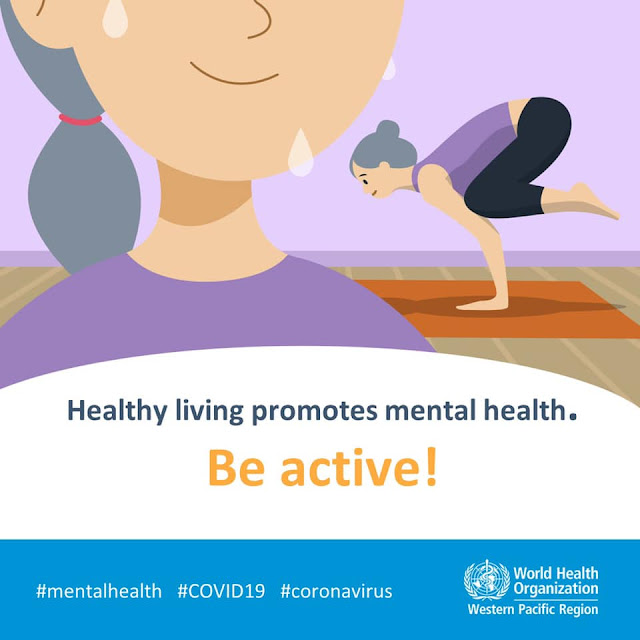
Retrieved
27. Do something with friends or family - go for a picnic, walk in the park or play. People feel much happier on those days when they manage to spend 6-7 hours with their loved ones.
28. Take a 30-minute field trip. It could be a walk in the park or a hike in the woods. Research shows that spending time in nature is energizing, alleviates depression, and improves well-being.
Source
29. Try to bathe in the sun for at least 15 minutes every day. And use sunscreen. When exposed to sunlight, we produce vitamin D, which, according to experts, improves mood.
30. "He who has never made a mistake has never tried something new" (Albert Einstein). Do something outside your comfort zone, find a place in your life for adventure and excitement.
Post cover from here
Original text: www.mentalhealthamerica Joy Within", "Ascending Spiral", "Taming the Amygdala"
Mental health tips
Friday, 9 October 2020
How to improve mental health
Mental health is a state of well-being in which a person realizes his abilities.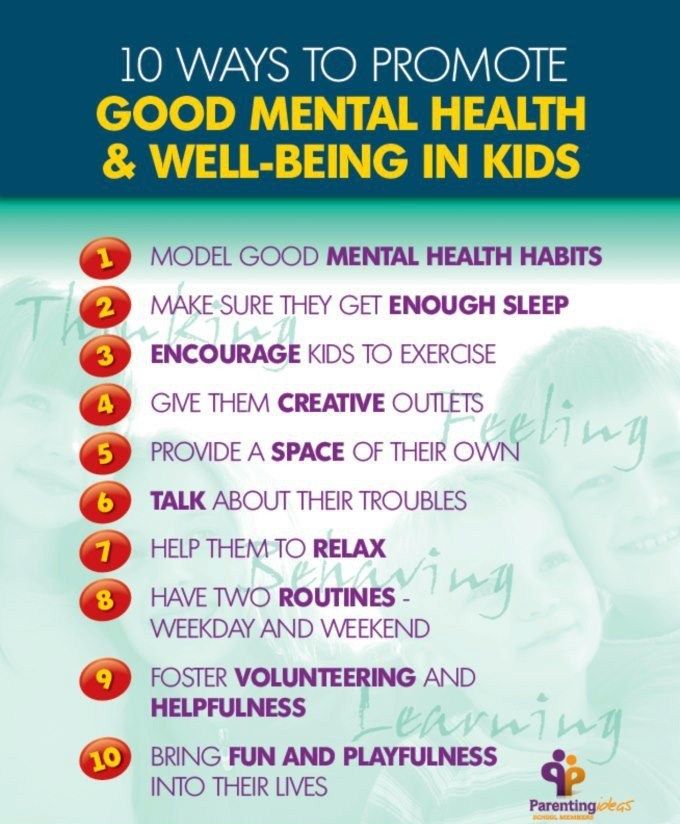
It should be remembered that positive thinking is based not so much on the events of the world as on the reaction to them, and we have the power to change it.
1. Striving to understand oneself. This is an important component, which is formed by several processes:
- acceptance of one's strengths and weaknesses - open recognition to oneself of what one likes and dislikes;
- learning to control one's emotions - for this it is important to understand the reason for their occurrence;
- revealing hidden talents and potential for solving certain problems - for this it is important to start trying yourself in several areas of activity, doing what is interesting.
2. Physical activity. It not only forms the ability to "play" described above, but also has a positive effect on health. Full-fledged sports allow you to saturate the body, and, importantly, the brain with oxygen, cause the release of “happiness” hormones, tune in the right way and eliminate the depressed state.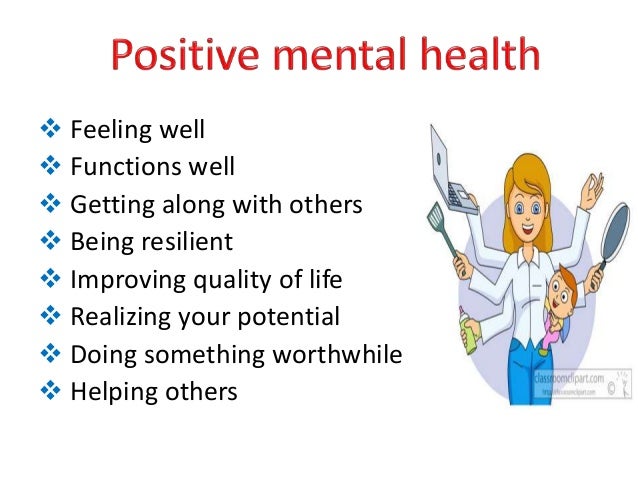
3. Nutrition is the basis of physical health, which, as we found out, has an impact on the psyche. Excess food, foods containing a large amount of sugar, fat, as well as provoking hormonal imbalance in the body can significantly affect the mental state. A number of diseases are known that provoke emotional instability - pathologies of the thyroid gland and the metabolism of its hormones, reproductive diseases, heart disease, etc., and in this case it is very difficult to remain calm and analyze one's own thoughts and behavior.
4. Overcoming addictions . First of all, explicit physical ones - smoking, alcohol abuse, even in some cases unnecessary "automatisms" - all this has no place in the life of a healthy person. Here you need to act very carefully, possibly with the help of a specialist, especially if the addiction has become stable and pronounced.
Psychological dependencies are more complex connections, therefore, they also require the intervention of a specialist.